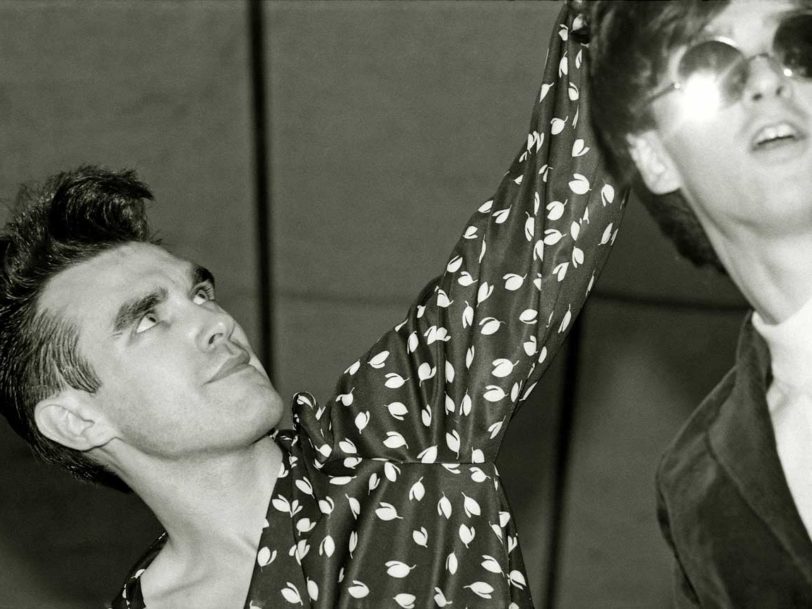As a working band, The Smiths existed from just 1982 to 1987, yet their music continues to exert an influence on successive generations of fans. They were the toast of the British rock press during their five-year lifespan, but they’re just as revered by the critics in the 21st Century, with Q magazine once dubbing them “the one truly vital voice of the 80s”. Their catalogue has effortlessly crossed the generational divide and still appeals to discerning listeners.
Few would argue that this seminal Mancunian quartet bequeathed one of the past century’s most bounteous rock’n’roll legacies, but their body of work remains enviably fresh and potent today. The Smiths worked relentlessly – touring extensively and recording over 70 songs in barely five years, while releasing just four official studio albums: The Smiths, Meat Is Murder, The Queen Is Dead and Strangeways, Here We Come – but was it this dedication to their craft, their attitude or their overall aesthetic which has ensured The Smiths’ longevity?
“We came together to make that music”: forming The Smiths
In reality, it’s a combination of all the above, plus the input of four individuals from disparate musical backgrounds who came together to create something significantly greater than the sum of the parts. “We were put together,” guitarist Johnny Marr later told Designer magazine. “We were a bunch of strangers to all intents and purposes – who then became incredible friends… we came together to make that music.”
To their immediate advantage, The Smiths had a head-start with their rhythm section. Bassist Andy Rourke had previously played with Marr in several short-lived Manchester outfits, including White Dice and Freak Party, and he was blossoming into one of the most gifted bassists of his era.
“I tried to do a tune within a tune,” Rourke told Bass Player in 2006, “I wouldn’t be happy with a bassline unless you could hum it.” He put that theory into practice time and again with The Smiths, contributing everything from the Motown-style motifs propelling This Charming Man to the jaywalking rockabilly of Rusholme Ruffians and the Bernard Edwards-esque funk he inserted into Barbarism Begins At Home.




